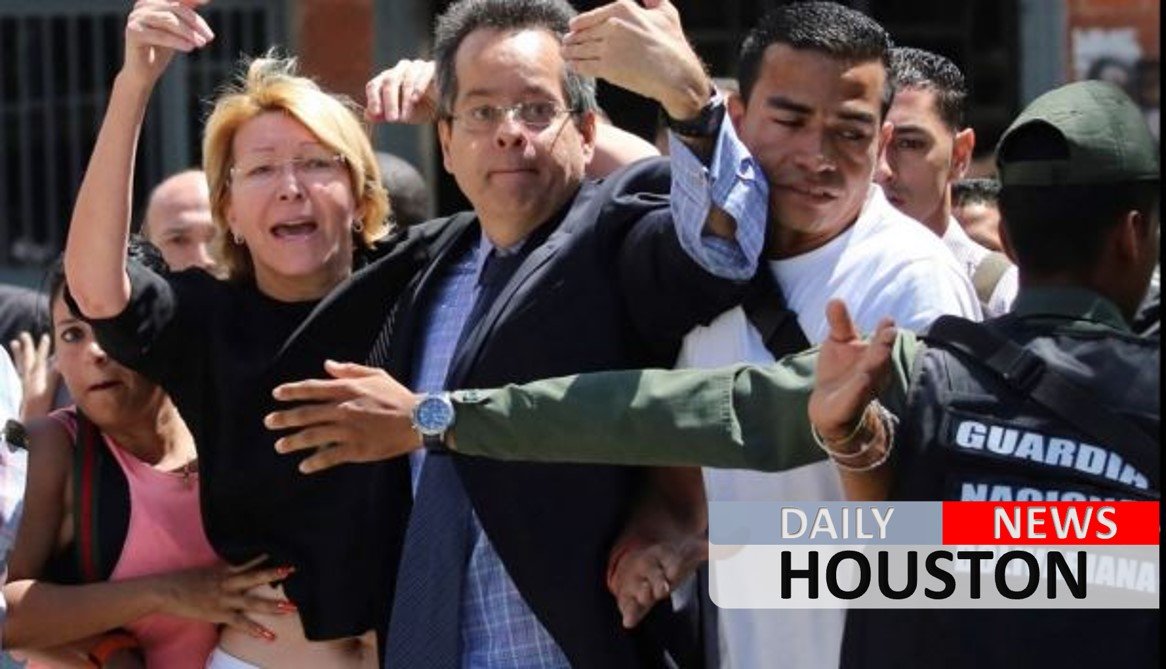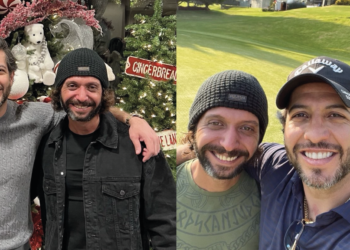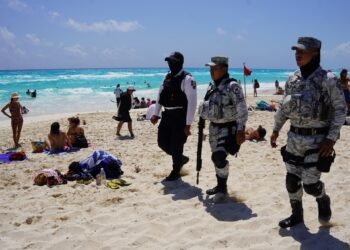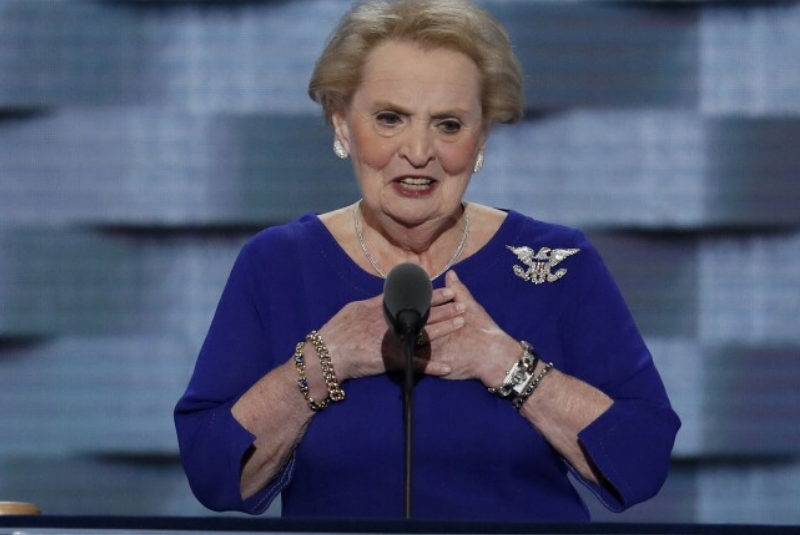Security forces surrounded the entrance to Venezuela’s chief prosecutor’s office Saturday ahead of a session of the newly installed constitutional assembly that is expected to debate removing the onetime loyalist turned arch government critic.
Luisa Ortega Diaz denounced what she called a military “siege” on Twitter, publishing photos apparently taken from security cameras showing some 30 national guardsmen in riot gear standing outside her headquarters in Caracas. Access to the downtown block where the building is located was completely restricted amid a heavy troop deployment.
The pro-government constitutional assembly meets Saturday after convening a day earlier for the first time. Top on the agenda is expected to be a proposal to remove Ortega, a longtime loyalist who broke with President Nicolas Maduro’s government amid widespread protests in April over what she said was his breaking of Venezuela’s constitutional order.
“Don’t think we’re going to wait weeks, months or years,” former Foreign Minister Delcy Rodriguez said on Friday after she was voted unanimously by all 545 delegates to lead the assembly.
“Tomorrow we start to act. The violent fascists, those who wage economic war on the people, those who wage psychological war, justice is coming for you.”
The head of the Organization of American States condemned what he called a “flagrant violation” of the prosecutor’s institutional independence. And the Inter-American Court of Human Rights, an autonomous arm of the OAS, granted “precautionary measures” of protection for Ortega, saying she faces imminent risk of harm after senior officials linked her to alleged “terrorism.”
The constitutional assembly was seated despite strong criticism from the United States, other countries and the Venezuelan opposition, which fear the assembly will be a tool for imposing dictatorship. Supporters say it will pacify a country rocked by violent protests.
Its installation is virtually certain to intensify a political crisis that has brought four months of protests in which at least 120 people have died and hundreds more have been jailed.
Maduro vows the assembly will strip opposition lawmakers of their constitutional immunity from prosecution, while members of congress say they will only be removed by force.
The opposition is struggling to regain its footing in the face of the government’s strong-arm tactics and the re-emergence of old, internal divisions.
Several opposition activists have been jailed in recent days, others are rumored to be seeking exile and one leader has broken ranks from the opposition alliance to say his party will field candidates in regional elections despite widespread mistrust of Venezuela’s electoral system.
In a sign of its cowered and demoralized state, only a few hundred demonstrators showed up for a Friday protest against the constitutional assembly, one of the smallest turnouts in months. Those who did turn out said fear of arrest — rights groups claim there are more than 600 “political prisoners” jailed during the protests — may be keeping people at home but urged Venezuelans to remain mobilized.
“This is what the constitutional assembly will bring: more repression,” opposition lawmaker Miguel Pizarro said.
However, Maduro accuses his opponents of using violence and argues that the constitutional assembly is the best way to restore peace. On Friday he heralded security forces who have been on the front lines of daily street battles, claiming that 580 of them had
suffered serious injuries from attacks by “terrorist” protesters.
“I feel deeply the wounds of each one of you,” Maduro said addressing a small group of injured national guardsmen. “With your bodies as your shield, you have defended the right to peace.”









